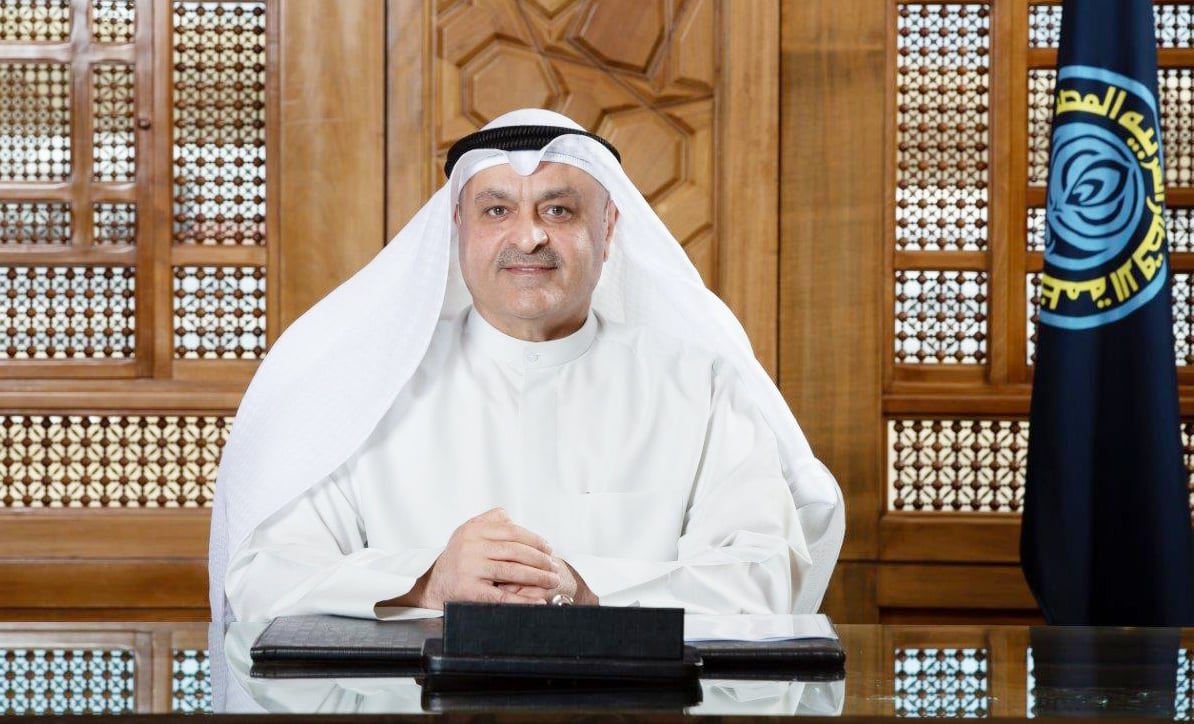OAPEC Secretary General Jamal Al-Loughani revealed a number of challenges facing the oil refining industry, in light of international efforts to reduce emissions in order to achieve carbon neutrality.
In an article entitled “The Oil Refining Industry and Energy Transformation Initiatives,” Al-Lougati stressed that the decline in investments in hydrocarbon projects will have a serious impact on energy security in the future, which was reviewed by the specialized energy platform.
The Secretary General of OAPEC indicated that many Arab countries have started development processes for their oil industry in line with global trends to reduce emissions, and a number of them currently own refineries that produce high-quality oil derivatives.
He stressed that the oil refining industry, like other oil and gas industries, could be a major factor in the transition to clean energy project.
Oil industry challenges
OAPEC Secretary General Jamal Al-Loughani said that the oil and gas industry in the world is facing growing challenges, which began at the beginning of the 21st century, and intensified after the signing of the Paris climate agreement, which calls for a shift from fossil fuels to carbon-free energy by 2050.
He explained that these challenges have led to the retreat of many investors from proceeding with projects to develop the oil and gas industry, which will have serious repercussions on energy security in the future.
Jamal Al-Loughani stressed that oil and gas will remain the most used safe haven among all other types of energy for many decades to come, and that the transition must be fair, smooth and gradual.
oil refineries
The Secretary-General of OPEC said that the oil refining industry in the member states of the Organization of Arab Petroleum Exporting Countries, during the past decade, witnessed the implementation of pioneering projects aimed at producing high-quality derivatives with specifications compatible with the latest international standards.
The Arab moves come in the wake of the announcement by many countries of the world of programs to convert oil refineries to refining renewable raw materials, producing low-carbon derivatives, and applying techniques for capturing, storing and using carbon dioxide gas, which programs were concentrated in Western Europe and North America.
Al-Loughani added that advanced refineries have been established, such as the Jazan refinery in Saudi Arabia, with a refining capacity of 400,000 barrels per day, the Karbala refinery in Iraq, with a capacity of 140,000 barrels per day, and the clean fuel project in Kuwait, which consists of developing the existing “Mina Al-Ahmadi” and “Mina Abdullah” refineries. And the establishment of the new Al-Zour refinery, with a refining capacity of 615,000 barrels per day, to replace the Shuaiba Port refinery, which was stopped due to its age.
He explained that this comes in conjunction with projects to develop and expand existing refineries in many Member States, with the aim of improving their flexibility to refine heavy and various types of crude oil, and adjusting the structure of their products in line with future expectations of changing demand for fuels in global markets.
The Secretary General of OAPEC gave an example of a number of refineries that are undergoing development operations, such as the Ruwais refinery development project in the Emirates, the Sitra refinery in Bahrain, and the Middle East refinery, MIDOR, in Egypt.
reduce emissions
OAPEC Secretary General Jamal Al-Loughani stressed that the developments in the oil refining industry came along with the announcement of national strategic plans to reduce carbon dioxide emissions in line with the global trend towards decarbonization and the shift to the use of clean energy.
He said, “At the forefront of the two initiatives launched by Saudi Arabia in October 2021 are the ‘Saudi Green Initiative’ and the ‘Green Middle East Initiative’, to achieve carbon neutrality by 2060, with investments amounting to $187 billion.”
Saudi Arabia aims to raise the contribution of renewable energy in the national electricity mix to 50% by 2030, expand the production of green and blue hydrogen and blue ammonia, and establish carbon dioxide capture and storage units.
The OAPEC Secretary General referred to the UAE’s announcement of investing billions of dollars in projects to increase energy production from renewable sources, and to promote measures to rationalize energy consumption and improve energy efficiency in all energy-consuming sectors, including oil refineries, in addition to expanding green hydrogen production, which is a source of low-carbon energy. and the application of carbon dioxide capture and storage technology.
related topics..
Also read..

Leave a Reply